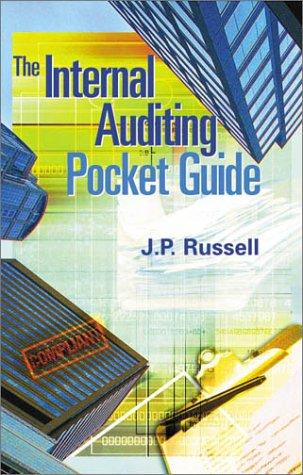Question
Please Please help me with this. I'm not understanding the note Ford Motor Company finances vehicles for both consumers (purchasers) of their automobiles and dealers
Please Please help me with this. I'm not understanding the note
Ford Motor Company finances vehicles for both consumers (purchasers) of their automobiles and dealers of their automobiles (to finance inventory in showrooms and car lots).
Using Ford's 2017 Annual report (found below) and locate Note 10: Financial Services Finance Recievables. Summarize and discuss the various sections of the note and what the relative size of amount Ford is owed by consumers vs dealers.
FORD MOTOR COMPANY AND SUBSIDIARIES
NOTES TO THE FINANCIAL STATEMENTS
FS-31
NOTE 10.
FINANCIAL SERVICES FINANCE RECEIVABLES
The credit quality analysis of our dealer financing receivables at December 31 was as follows (in millions):
Dealer financing 2016 ----------- 2017
----------------- -------------------------------------------
group I 24316 -------------26252
GroupII 5552---------------- 5908
Group III 1376---------------- 1640
Group IV 93 --------------- 138
-------------------------------------------------------------------------------------
total recorded invesment : 31.336 33.938
Impaired consumer receivables include accounts that have been rewritten or modified in reorganization proceedings pursuant to the U.S. Bankruptcy Code that are considered to be Troubled Debt Restructurings (TDRs), as well as all accounts greater than 120 days past due. Impaired non-consumer receivables represent accounts with dealers that have weak or poor financial metrics or dealer financing that has been modified in TDRs. The recorded investment of consumer receivables that were impaired at December 31, 2016 and 2017 was $367 million, or 0.6% of consumer receivables, and $386 million, or 0.5% of consumer receivables, respectively. The recorded investment of non consumer receivables that were impaired at December 31, 2016 and 2017 was $107 million, or 0.3% of non- consumer receivables, and $138 million, or 0.4% of the non-consumer receivables, respectively. Impaired finance receivables are evaluated both collectively and specifically.The accrual of revenue is discontinued at the time a receivable is determined to be uncollectible. Accounts may be restored to accrual status only when a customer settles all past-due deficiency balances and future payments are reasonably assured. For receivables in non-accrual status, subsequent financing revenue is recognized only to the extent a payment is received. Payments are generally applied first to outstanding interest and then to the unpaid principal balance.A restructuring of debt constitutes a TDR if we grant a concession to a debtor for economic or legal reasons related to the debtors financial difficulties that we otherwise would not consider. Consumer and non-consumer receivables that have a modified interest rate below market rate or that were modified in reorganization proceedings pursuant to the U.S. Bankruptcy Code, except non-consumer receivables that are current with minimal risk of loss, are considered to be TDRs. We do not grant concessions on the principal balance of our receivables. If a receivable is modified in a reorganization proceeding, all payment requirements of the reorganization plan need to be met before remaining balances are forgiven. Finance receivables involved in TDRs are specifically assessed for impairment
Step by Step Solution
There are 3 Steps involved in it
Step: 1

Get Instant Access to Expert-Tailored Solutions
See step-by-step solutions with expert insights and AI powered tools for academic success
Step: 2

Step: 3

Ace Your Homework with AI
Get the answers you need in no time with our AI-driven, step-by-step assistance
Get Started


